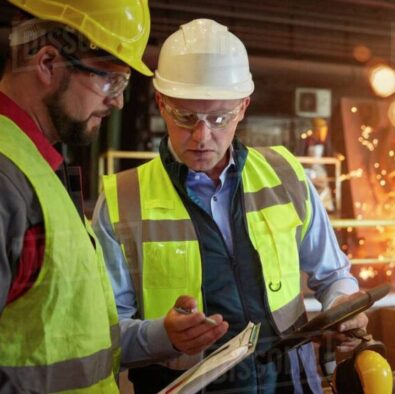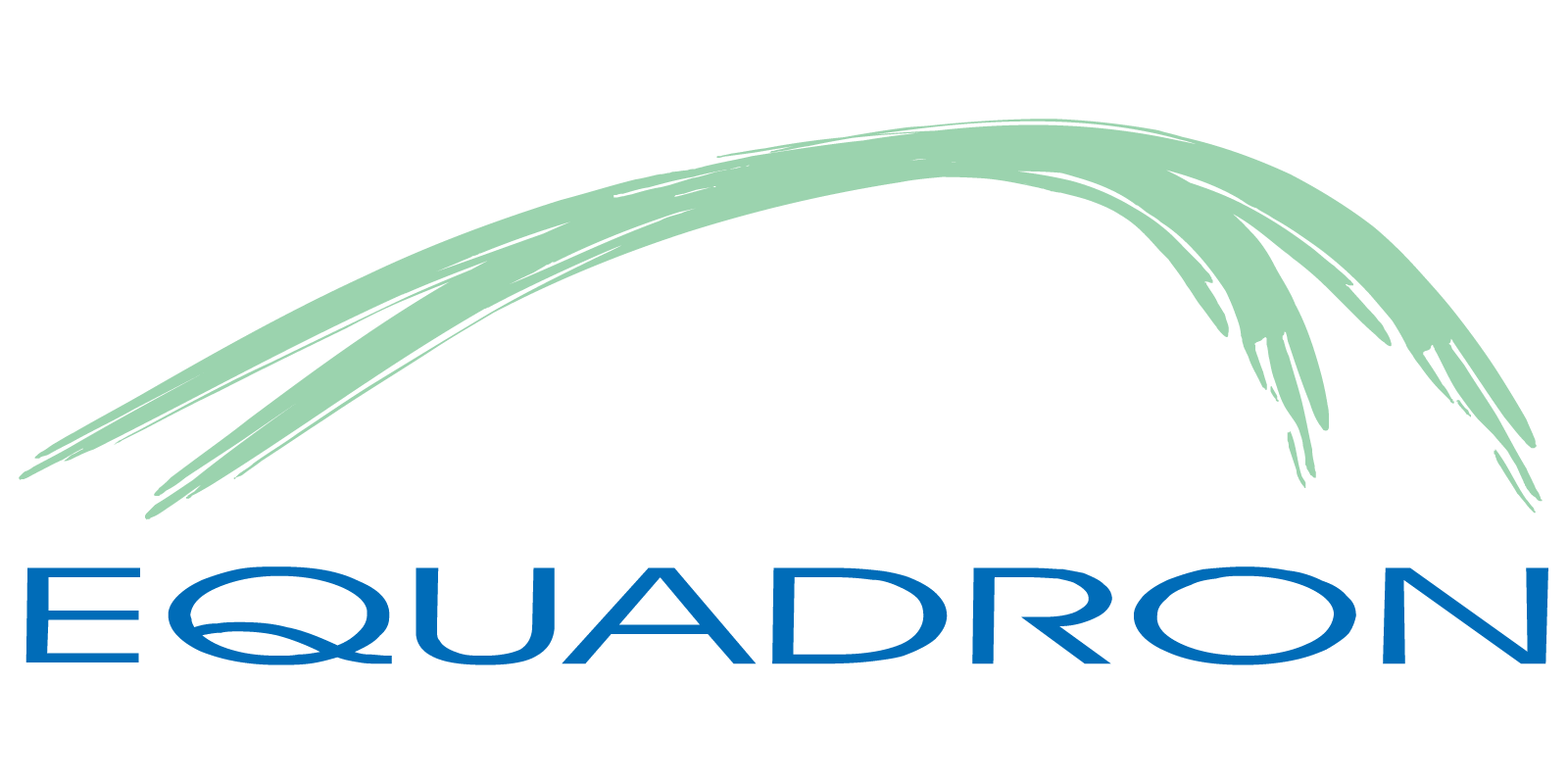In the fast-paced world of construction, balancing project budgets and meeting tight schedules are ever-present challenges. These pressures, while an expected part of the industry, can sometimes come at the cost of quality. Ensuring that quality standards are consistently met is crucial to the success and safety of any construction project.
One effective safeguard against quality compromises is engaging third-party inspection services. Accredited and experienced professionals provide an impartial review that goes beyond the routine checks performed by contractors’ in-house quality control (QC) personnel. By auditing companies and personnel qualifications, fabrication procedures, materials, workmanship, inspection and test plants (ITPs) adherence to project specifications, third-party inspectors play a vital role in upholding the integrity of a project.
Third-party inspections are particularly important when clients and suppliers are working together for the first time, especially on overseas projects. Language barriers, different construction standards, and unfamiliar practices can increase the risk of quality issues. These factors, combined with new working relationships, can lead to misunderstandings or oversights. Third-party inspectors help bridge these gaps by ensuring that local practices align with international standards and project requirements. Their expertise helps identify potential problems early, protecting the asset owner’s investment.
Another critical consideration is who engages the third-party inspection team. When inspectors are hired by the asset owner rather than the contractor, it minimizes risks related to conflicts of interest. Independent inspectors working on behalf of the asset owner ensure that the assessments remain unbiased and thorough, focusing solely on maintaining quality without being influenced by project deadlines or contractor priorities. This added level of objectivity strengthens the overall confidence in the project’s compliance and quality standards.
Missed quality issues in the construction industry can have a severe impact on asset durability, leading to a significant increase in life cycle costs, particularly when defects are detected after the warranty period has expired. This challenge is further exacerbated when accessibility for repairs is limited, making remedial work complex and costly. Additionally, corrective measures taken to address these late-detected issues increase the carbon footprint of the asset, undermining sustainability goals and placing a greater environmental burden on the project.
Independent experts offer a comprehensive overview that not only verifies the quality of workmanship but also helps all parties involved understand their roles and responsibilities fostering adherence to project requirements. This added layer of assurance can prevent costly rework, project delays, or structural failures in the long run.
Investing in third-party inspections is like taking out an insurance policy for your project’s quality. It provides peace of mind that the construction meets all regulatory and safety standards and that budgetary or time constraints haven’t led to oversight.
In summary, third-party inspections ensure that projects are executed with the highest quality standards, minimizing risks and aligning project outcomes with expectations. Engaging qualified inspectors is not just a step in due diligence; it is a strategic move to maintain the reliability and reputation of any construction project.

